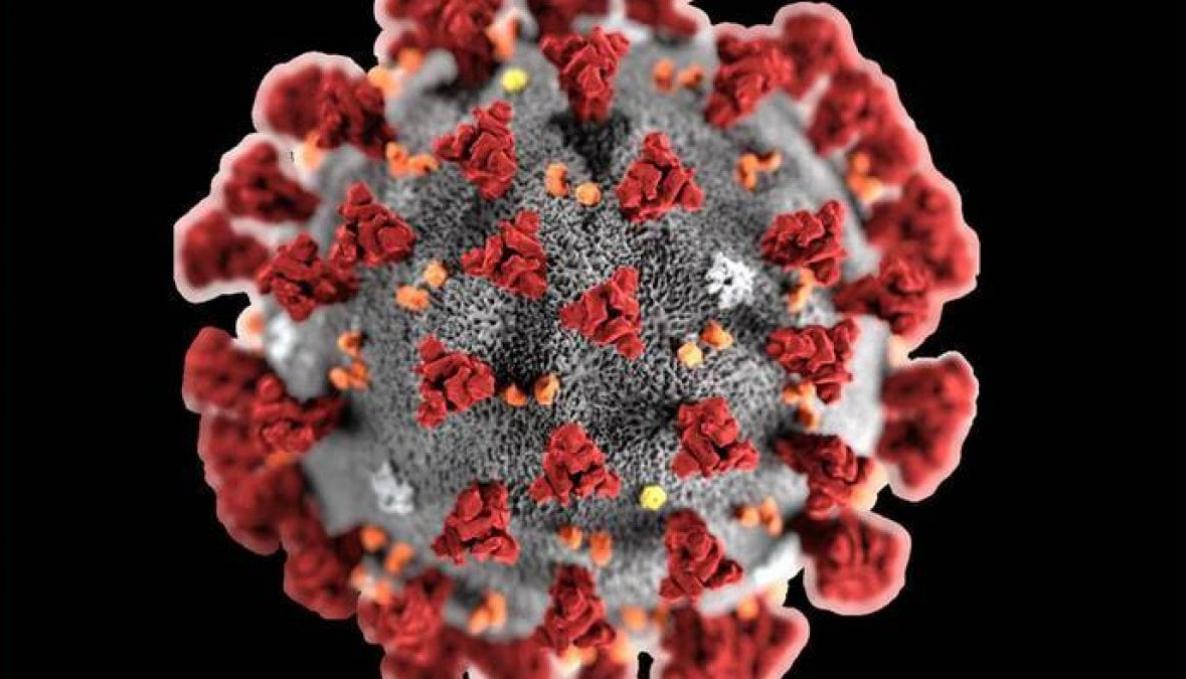Sant’Anna pursues knowledge and research beyond Covid-19 crisis: 500 serological tests performed at the Fondazione Monasterio in cooperation with Tuscany Region authority. Rector Sabina Nuti tells us: “How Sant’Anna can face future challenges”

Almost 500 people took part in Covid-19 serological testing, 3% has developed antibodies to the virus, no people with active infection were detected. The tests performed after reopening on May 4 showed encouraging results. In cooperation with the Fondazione Monasterio, the Tuscany Region Authority contacted regional higher education institutions to take part in a major survey to track Covid-19 in the university population.
“Response to COVD-19 has required universities to set priorities and unify the Tuscany Region Authority and Fondazione Monasterio work teams. I want to express my gratitude to Marco Torre, director general of the Fondazione Monasterio, and to Claudio Passino as the scientific coordinator of the dedicated Covid health center. For five Tuesdays in a row beginning in May, blood samples taken by healthcare professionals at the Fondazione Monasterio, helped determine what proportion of the student and staff population has developed antibodies. Under the supervision of Dr. Passino, more than 100 blood samples were taken safely in the daily routine avoiding contacts with crowds and preventing transmission of Covid-19. We focused on the immediate safety issue, but we also considered a longer-term planning for recovery. The results supported the resumption of in-person activities —teaching, research, and initiatives to enhance the role of the university in the community. But this is a time for universities to create strategic partnerships and cooperate with healthcare workers to respond to the pandemic; in fact, robotics for disinfection provided an opportunity to ensure safety in hospitals. While we identified this immediate issue, researchers also reflect on how the COVID-19 impact could change institutions, universities, healthcare system and decision-making systems for the future.”, said Rector Sabina Nuti.
Responding to COVD-19 has required Sant’Anna School to balance urgent and long-term needs with the need to be collegial. Even though most students have left the campus during the lockdown, teaching and essential research moved online to ensure adherence to students and community needs.
“We created an adequate online strategy. Accurate and effective measures taken in our community and in the laboratory settings, such as a multidisciplinary task force - ‘Infosalute’, have supported appropriate use of resources and the infection control – continues Rector Sabina Nuti. Doctors, faculty staff, expert PhD students, and senior-leadership teams have delivered solutions against the virus through (self)isolation resources, mask wearing and social distancing, hand sanitizer gel and plexiglass barriers. At Sant’Anna, we have all required competencies in technology, and we are ready to face the future. Members of the task force ‘Infosalute’ have developed an automated triage app. The app allows users to share data and get tested quickly without submitting self-declaration forms. It also allows health authorities to monitor the pandemic and provide guidance in the control of the disease.”
Rector Sabina Nuti concludes by observing that “Sant’Anna School, as a public institution with small numbers of student population and faculty, can guide experiments through test bench and dynamic models that are more difficult to implement in large size universities. We are ready to address learning inequality and cooperate with Italian higher education institutions for a common educational mission in a post-Covid world.”



